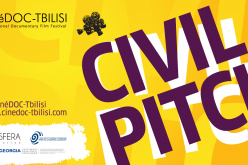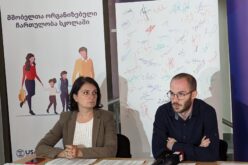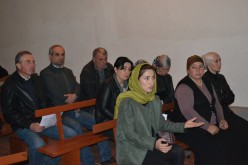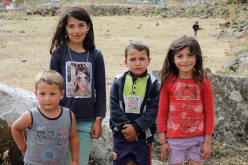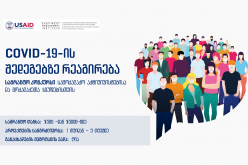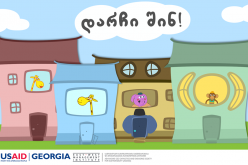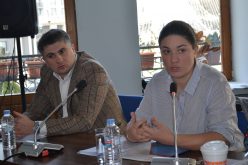Conference on Urban Heritage Management Problems in Batumi
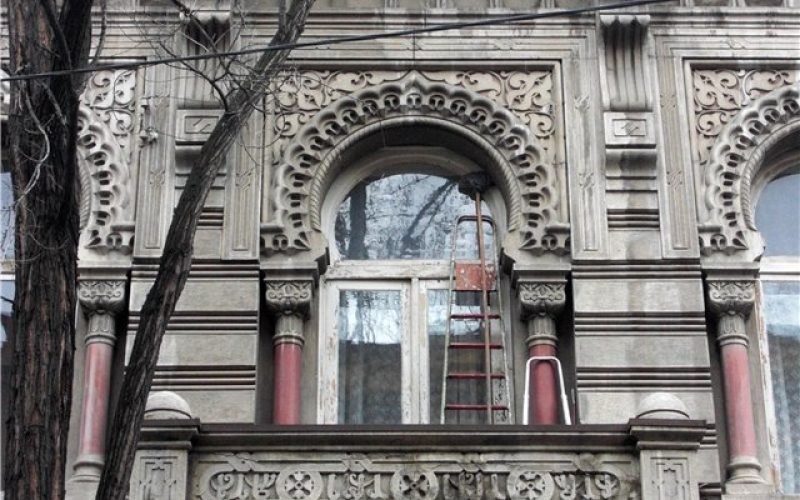
On September 3, EWMI ACCESS organized a conference in Batumi, dedicated to systemic problems in Batumi’s urban heritage management and their possible solutions. The conference was attended by representatives of Batumi municipality city hall and council, the Supreme Council of the Autonomous Republic of Adjara, the Ministry of Education, Culture, and Sports of the Autonomous Republic of Adjara, the National Cultural Heritage Protection Agency, experts, and other interested parties.
Key topics for discussion were findings of several studies conducted by Society Batomi with EWMI ACCESS support.
The first study, “Analysis of the Batumi Urban Heritage Management System” authored by Nato Tsintsabadze (President of ICOMOS Georgia), reviews the existing administrative and institutional framework/structure of the Batumi Urban Heritage Management System and compares this structure with international standards.
The second study, conducted by ethnologist Ruslan Baramidze, analyzes the institutional conflicts related to the management of cultural heritage monuments in Batumi (case studies) and the consequences of these conflicts.
The analytic document prepared by economist Paata Chaganava “Economic Analysis of Old Batumi” pursues the aim to model various economic incentives to save the historical part of Batumi. Applying the method of cost-benefit analysis, the author assesses alternatives for the maintenance of historic buildings (areas) against the construction of new ones and evaluates the benefits and costs of each option for various interest groups and the city as a whole.
The fourth study on the main flaws of the Batumi urban heritage management and monitoring system was conducted by architect Giorgi Ramishvili. The first part of the document reviews the current situation and highlights main problems and institutional challenges, while the second part offers specific recommendations on zoning regulations, coefficients, permit procedures, and monitoring.
Despite the fact that Batumi is the second to Tbilisi in terms of the construction boom, the abovementioned important aspects of the city’s urban management were studied for the first time. This comprehensive analysis can contribute to the city’s sustainable development in many ways. Society Batomi will work further with the Adjaran authorities to advocate for the adoption of these recommendations and to revise the statute of the Cultural Heritage Council of the Adjara Autonomous Republic.



